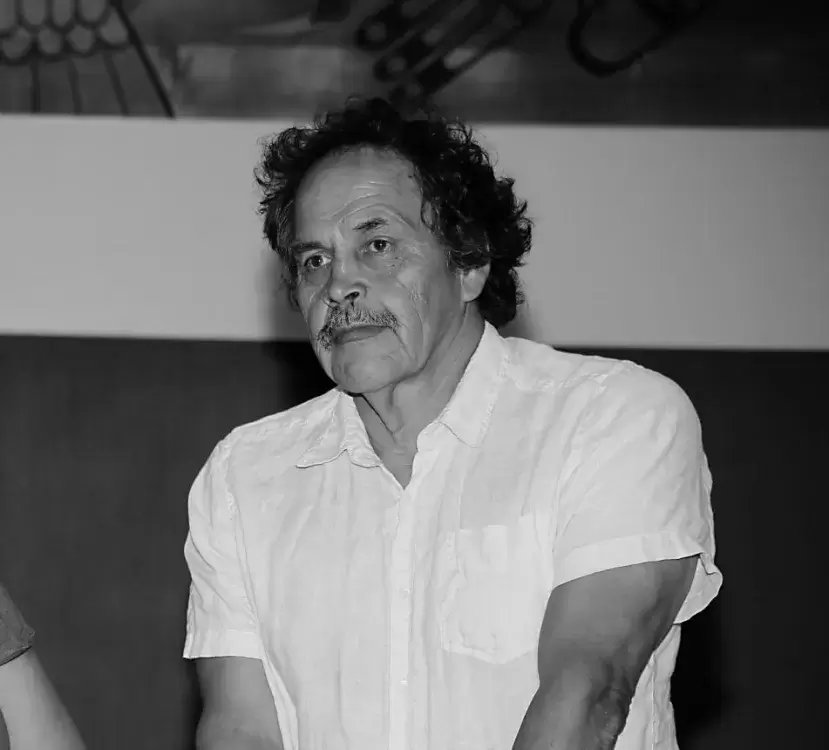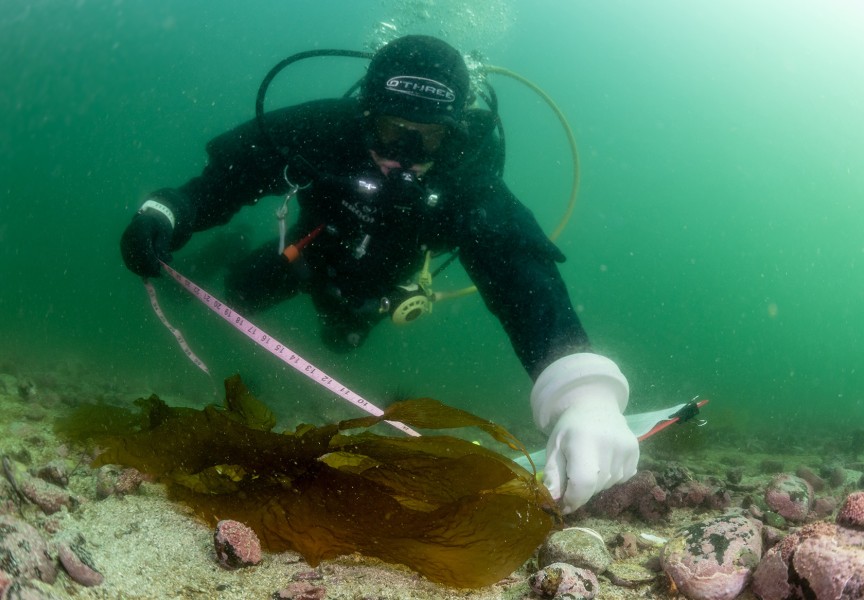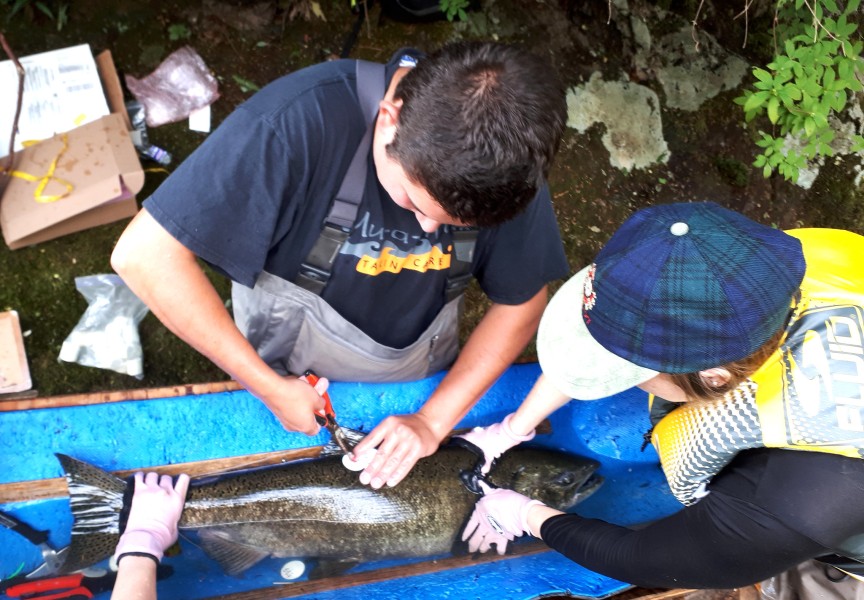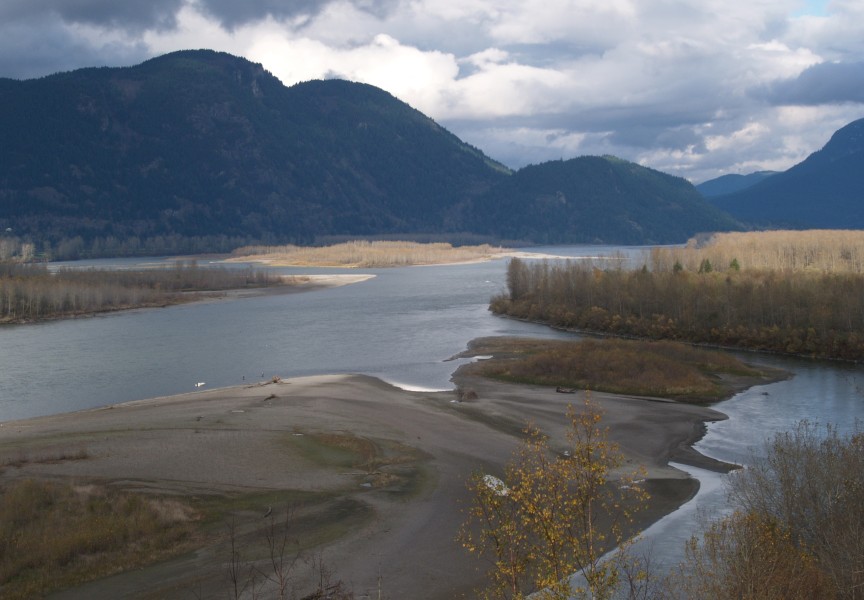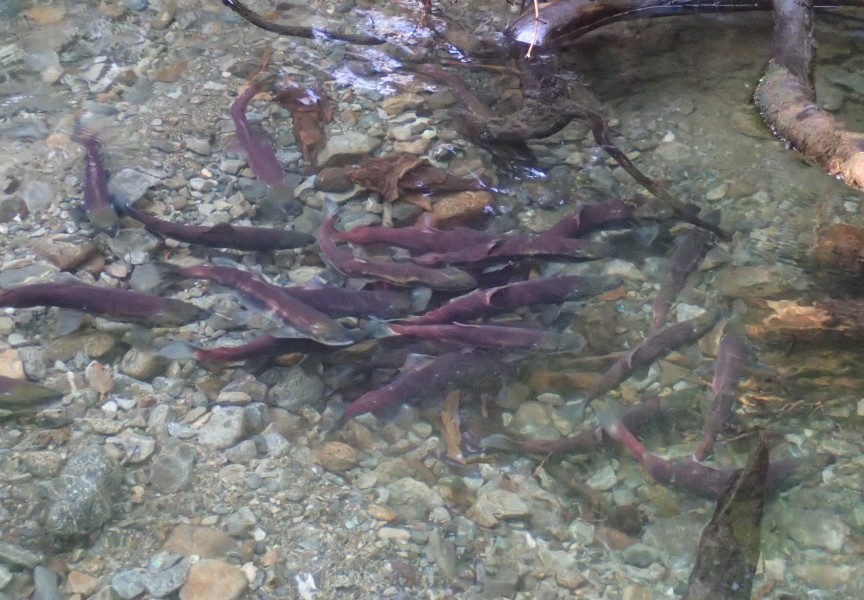This month the legacy of a strong voice for aboriginal fishing rights was cut short.
On Aug. 2 Fred Adams, a former Chief Councillor of the Ehattesaht First Nation and active Nuu-chah-nulth fisheries negotiator, died in a car accident while travelling from Campbell River. The single vehicle collision occurred on Highway 19, approximately 1.5 kilometres south of the Woss Junction, according to the Port McNeill RCMP. Adams, 64, was deceased at the scene, but Malcolm Swan Jr., his nine-year-old grandson, survived the crash.
Adams had just left three days of fisheries talks with federal officials in Campbell River, where he was acting as the Ehattesaht’s lead negotiator.
“He had the last word in, and reminded Canada of the importance of sending positive signals to our fishers and strongly encouraged Canada to seriously look at reallocating 10,000 chinook to our fishers,” said lifelong friend Francis Frank. “After he said that, he closed off by saying, ‘I’m done and I’m going fishing’.”
Adams contributed to the progression of the Ahousaht et al vs. Canada court case, which brewed for seven years until the aboriginal right to sell fish caught in traditional territory was upheld by the B.C. Court of Appeal. In 2014 the Supreme Court of Canada denied the federal government’s final request to have the case heard in the country’s highest court, thereby upholding previous rulings from B.C.
Brian Martin represented Nuu-chah-nulth interests in the Ahousaht case, and is currently negotiating on behalf of the Tla-o-qui-aht for fishing rights. Like Frank, he was at Adam’s last fisheries negotiation meeting in Campbell River.
“He always had a twinkle in his eye,” said Martin. “He had a great sensitivity to being a fisher and the things that were important to fishermen, but also the cultural importance of fishing to Nuu-chah-nulth.”
“I am going to miss seeing that sheepish grin he would show after making his point,” said Frank. “But most of all I will miss hearing his passion he had for representing his people and fighting to improve their lives.”
As a commercial fisherman, Adams intimately understood what fishing meant to Nuu-chah-nulth communities, noted Frank.
“Mr. Adams contributed immensely to informing the table of the economics of being a commercial fisher,” he said. “He had a knack of bringing the table back to reality, of looking at the cost and economics of whatever was being considered.”
After his passing a post on the T’aak-wiihak fisheries Facebook page described Adams’ contribution to Nuu-chah-nulth commercial fishing rights.
“Yesterday he was in negotiation sessions, representing the nations, and spoke of the importance of fishing to Nuu-chah-nulth and his family,” stated the post. “He left the meeting with a smile on his face, headed home to go salmon fishing and get back on the water where he said his health improved with the salt air and he could do what he loved to do. Fred, your loss will be felt deeply by many.”

